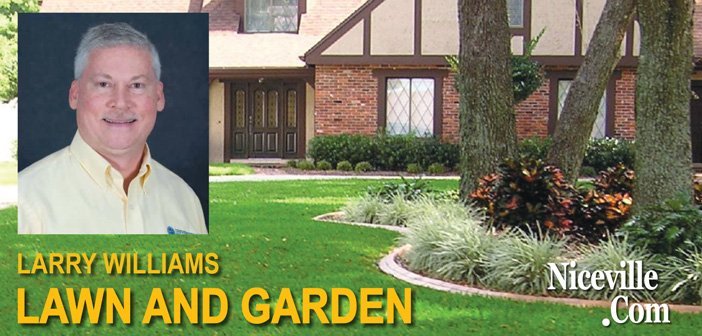In addition to beets and carrots, there are many cool-season crops that can be grown in the winter garden here. However, the same plants that might do well in fall, winter and early spring can’t handle the heat of late spring and summer. So planting time is critical. Beets and carrots are cool-season vegetables and as such should be planted from mid-September to early March. Fertilizing correctly also is important for root crops like carrots and beets.
NICEVILLE, Fla — Q. I’ve attempted to grow beets and carrots. But I’ve had little luck with these crops here in North Florida. Carrots get rotten tops in the summer heat and beets shrivel up and die. Is there anything special that I need to know about growing these vegetables?
A. In addition to beets and carrots, there are many cool-season crops that can be grown in the winter garden here. However, the same plants that might do well in fall, winter and early spring can’t handle the heat of late spring and summer. So planting time is critical. Beets and carrots are cool-season vegetables and as such should be planted from mid-September to early March. Fertilizing correctly also is important for root crops like carrots and beets. Too much nitrogen with not enough potassium will produce lots of leaves yet minimize development of the root portion that is the edible part. The best way to take the guesswork out of fertilizing is to have your soil tested. You can contact our office for details on soil testing. Also make sure that the garden area is well-drained and that you are not watering too much.
Q. Can I grow spinach in North Florida? If yes, when should it be planted?
A. Spinach (Spinacia oleracea) can be grown in the home garden in our area. It’s a cool-season crop and should be planted September through March. It’s hardy, withstanding freezing weather better than most vegetables.
Also, New Zealand spinach and Malabar spinach can be grown in our area. But unlike common spinach, these leafy green vegetables can be grown during summer months and are tender to frost. Malabar is not a true spinach. The plant is a vine. Its leaves resemble spinach and are eaten in the same manor.
Here are links to UF/IFAS Extension publications on New Zealand and Malabar spinach. https://edis.ifas.ufl.edu/mv139, https://edis.ifas.ufl.edu/mv138
We essentially can grow some sort of vegetables year-round here in North Florida. But it’s important to plant and grow the right vegetable during the right season. Most warm-season vegetables, such as tomato and cucumber, are planted and grow when frosts and freezes are not likely to happen. While the cool-season crops, such as cabbage and onion, are planted and grow during the cooler months of fall, winter and early spring.
Here is a link to a University of Florida Extension website with a wealth of vegetable gardening information. Pay particular attention to the dates listed in the planting guide (Table 1) found in the Vegetable Gardening Guide for specific vegetable planting dates for North Florida. http://edis.ifas.ufl.edu/TOPIC_Vegetable_Gardening
Larry Williams is the Extension horticulture agent with the Okaloosa County Cooperative Extension Service, University of Florida. Contact Larry at 689-5850 or email lwilliams@myokaloosa.com.








